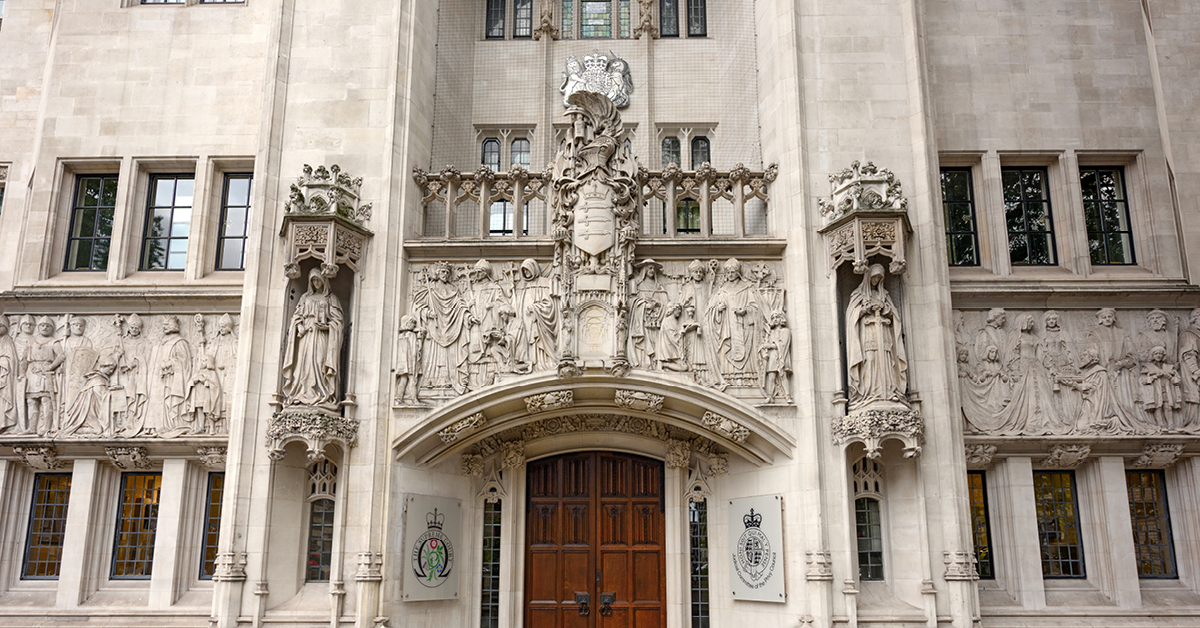Pre-nuptial agreements are increasingly recognised as a practical and responsible step for couples planning to marry. A pre-nup allows partners to set out how their assets should be divided in the event of divorce, helping to reduce conflict and uncertainty during emotionally challenging times.
In this article, Ben Connor of our Divorce and Family team answers some frequently asked questions about pre-nuptial agreements in England and Wales.
What is a pre-nup?
A pre-nup is an agreement made by a couple before they marry, which sets out how they wish their assets to be divided in the event of divorce. This can help to avoid disagreements over finances at an already difficult time, provided that certain formalities have been followed when preparing the agreement.
Whilst nuptial agreements are not automatically legally binding in the UK, to have the best chance of the court upholding your pre- or post-nup, you should have the agreement drawn up by a qualified divorce and family law expert.
Is a pre-nuptial agreement for me?
Discussing the financial aspects of marriage might seem unromantic, but pre-nuptial agreements can play a crucial role in facilitating sensible financial planning. Regardless of the level of wealth each partner comes into the relationship with, pre-nups can be beneficial and provide financial protections in a variety of situations.
How long before a wedding should a pre-nup be agreed?
A pre-nuptial agreement must be signed before marriage, ideally well in advance. Both parties must have time to fully assess and disclose their financial situations, and understand the terms agreed in the pre-nup. This process will take longer if one or both parties have assets across multiple jurisdictions.
Post-nuptial agreements are made after the wedding takes place – these come with many of the same considerations as pre-nups.
What should I include in a pre-nuptial agreement?
The agreement should include full disclosure of each party’s finances, defining ownership of property and specifying how assets and debts will be divided in the event of divorce. It can also address long-term spousal maintenance, inheritance plans and protections for children from previous relationships.
What cannot be included in a pre-nup?
A pre-nuptial agreement cannot include provisions that attempt to predetermine child custody or access arrangements, as these will be decided by the court (if the parents cannot agree) based on the child’s best interests at the time of separation. It also cannot override statutory child maintenance obligations, which are governed by the Child Maintenance Service.
How are financial imbalances between parties addressed in a pre-nup?
Financial imbalances are typically addressed by clearly outlining how assets, income and financial responsibilities will be managed during the marriage and in the event of divorce. The agreement can include provisions which protect the financially weaker party, such as ensuring fair access to housing, spousal support or a share of non-marital assets. Agreements may also incorporate a sliding scale which specifies the level of financial protection contingent on the length of the marriage.
How can you make sure a pre-nup is enforceable?
To ensure a pre-nuptial agreement is enforceable, it should be voluntarily signed by both parties in good time before the wedding (c. 28 days is often considered good practice but is not determinative) with full financial disclosure from each side. Both individuals should receive independent legal advice to confirm they understand the terms.
The agreement must be fair and reasonable: if one party would be left in financial hardship following separation, a judge may render the pre-nup invalid. The test, which was set out by the Supreme Court in Radmacher v Granatino, is that the court should give effect to a nuptial agreement that is freely entered into by each party with a full appreciation of its implications, unless in the circumstances prevailing it would not be fair to hold the parties to the agreement.
What can go wrong with a pre-nup?
The most common factors that can render a pre-nup invalid include:
- Failure by one or both parties to fully disclose their assets
- One of the parties being pressured into the agreement, though this can be difficult to prove without evidence
- Clauses that are unenforceable under the law
- Poor drafting, often as a result of a failure to seek legal advice
If circumstances change significantly after marriage and the agreement is not updated, it may no longer reflect the couple’s situation, weakening its relevance and legal standing.
Can your pre-nuptial agreement be changed after your marriage?
If the couple’s situation has changed significantly – such as following the birth of children, changes in income, career shifts, or the acquisition of new assets – a pre-nup that no longer reflects the couple’s current situation may be challenged in court, particularly on grounds of fairness. By reviewing and updating the agreement periodically, both parties demonstrate a continued commitment to its terms and ensure it remains relevant and balanced.
Nuptial agreements can also be drafted in such a way at the outset which provides for the prospect of having children in the future. This can circumvent the need to update the original agreement, saving time and cost.
How should you propose a pre-nup to your partner?
It can be helpful to stress that pre-nups are not and cannot be put in place to take financial advantage of someone. A pre-nup can be seen as form of insurance in the event of a worst case scenario (ie divorce), in a similar sense to a will – and while we want to avoid talking about divorce, as we do death, preparation for the same can be beneficial for everyone.
Pre-nuptial agreements are becoming more and more common and there is no longer the same stigma attached as might have been the case previously. It is nevertheless important to approach conversations around nuptial agreements thoughtfully and in good time before the wedding, with the objectives of clarity, fairness and long-term financial security for both parties in mind.
Why are pre-nups becoming more popular in the UK?
Speaking to City AM, partner Richard Hogwood noted that a rise in pre-nup enquiries to our Divorce and Family team points to “a growing interest in, and awareness of, pre-nups and their effectiveness.” Richard went on to say that it “could also signal that couples are getting rather more ‘ahead of the game’ with talking about finances well ahead of summer weddings, rather than leaving it to the last minute.”
Richard has also discussed pre-nups in depth on the Financial Times Money Clinic podcast, discussing the current legal status of pre-nuptial agreements in England and Wales and the rise in pre-nup enquiries made to Stewarts.
You can find further information regarding our expertise, experience and team on our Divorce and Family pages.
If you require assistance from our team, please contact us.
Subscribe – In order to receive our news straight to your inbox, subscribe here. Our newsletters are sent no more than once a month.







